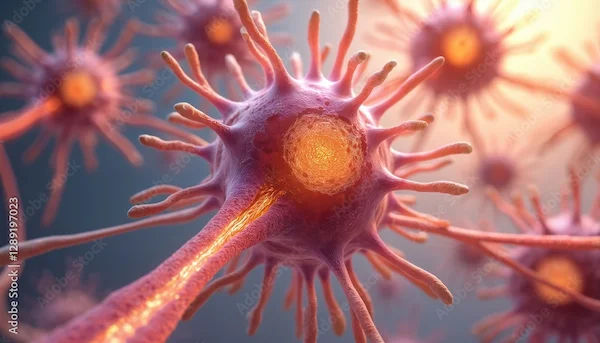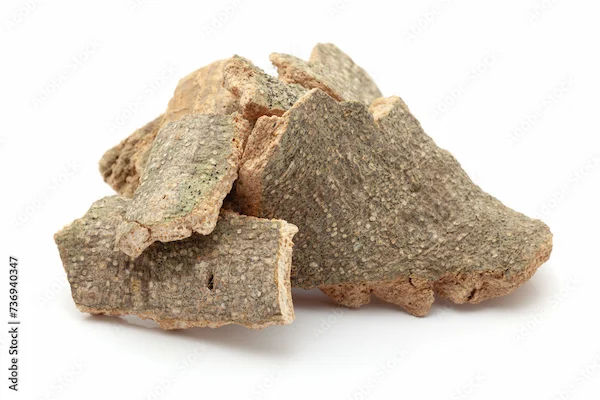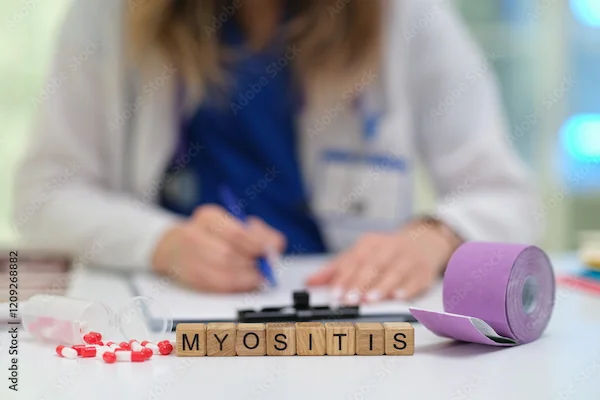Rhesus Factor in Pregnancy and Treatment
Learn how the Rh factor affects pregnancy, what Rh incompatibility means, and how RhoGAM injections can prevent complications. Stay informed for a healthy and safe pregnancy.


Pregnancy is a beautiful journey, but it also comes with certain medical considerations to ensure the health of both the mother and the baby. One such important factor is the Rhesus (Rh) factor, a protein found on the surface of red blood cells. If you're Rh-negative and your baby is Rh-positive, it can lead to complications if not managed properly.
This article will help you understand what the Rh factor is, how it affects pregnancy, and what treatments are available to keep you and your baby safe.
What is the Rhesus (Rh) Factor?
The Rh factor is a protein that some people have on their red blood cells. If you have this protein, you are Rh-positive (Rh+). If you don’t, you are Rh-negative (Rh-).
Rh+ is common – About 85% of people are Rh+.
Rh is less common – Only about 15% of people are Rh-.
This factor is inherited, meaning your blood type (positive or negative) comes from your parents.
Why Does the Rh Factor Matter in Pregnancy?
The Rh factor becomes important when an Rh-negative mother is pregnant with an Rh-positive baby. This situation can lead to Rh incompatibility, which may cause complications if the mother’s immune system reacts to the baby’s Rh-positive blood.
How Does Rh Incompatibility Affect Pregnancy?
Normally, the mother’s and baby’s blood don’t mix during pregnancy. However, in some cases (like during delivery, miscarriage, or certain prenatal tests), the baby’s Rh-positive blood can enter the mother’s bloodstream.
If this happens:
1. The mother’s immune system sees the Rh protein as a foreign threat.
2. Her body produces antibodies to attack the Rh-positive blood cells.
3. In future pregnancies, if the baby is Rh-positive, these antibodies can cross the placenta and attack the baby’s red blood cells, leading to hemolytic disease of the newborn (HDN).
Symptoms of Hemolytic Disease in the Baby
If Rh incompatibility causes HDN, the baby may experience:
Jaundice (yellowing of the skin and eyes)
Anemia (low red blood cells)
Swelling (in severe cases)
Fatigue and difficulty feeding
In extreme cases, untreated HDN can lead to serious complications, including brain damage or stillbirth.
How is Rh Incompatibility Diagnosed?
1. Blood Test During Pregnancy
All pregnant women are tested for their blood type and Rh factor in early pregnancy. If you are Rh-negative, your doctor will monitor you closely.
2. Antibody Screening
Another blood test checks if you have developed Rh antibodies. If antibodies are present, your baby may be at risk.
3. Doppler Ultrasound & Amniocentesis (if needed)
If there’s a concern about HDN, your doctor may recommend additional tests to check the baby’s health.
How is Rh Incompatibility Treated?
The good news is that Rh incompatibility is preventable and treatable with proper medical care.
1. Rh Immunoglobulin (RhoGAM) Injection
Given at 28 weeks of pregnancy – If you’re Rh-negative and carrying an Rh-positive baby, you’ll receive a RhoGAM shot to prevent antibody formation.
Given after delivery – If the baby is Rh-positive, you’ll get another dose to protect future pregnancies.
Given after miscarriage, abortion, or trauma – Any event where fetal blood may mix with yours requires RhoGAM to prevent sensitization.
2. Treatment for the Baby (if HDN develops)
If the baby is affected, treatments may include:
Phototherapy (light therapy for jaundice)
Blood transfusions (in severe cases)
Early delivery (if the baby is at risk)
Tips for Rh-Negative Mothers
1. Get Tested Early – Confirm your Rh status as soon as you know you’re pregnant.
2. Follow Your Doctor’s Advice – Take RhoGAM shots as recommended.
3. Monitor Future Pregnancies – If you’ve had an Rh-positive baby before, inform your doctor in future pregnancies.
4. Stay Informed – Ask questions and understand your treatment plan.
When to See a Doctor?
If you are Rh-negative and pregnant, consult your doctor immediately to:
Get your Rh factor test done.
Discuss RhoGAM injections.
Monitor for any complications
Get your symptoms checked.
If you need expert guidance, you can book a consultation with an obstetrician on Apollo 24|7 for personalized care.
Final Thoughts
Being Rh-negative doesn’t mean you can’t have a healthy pregnancy. With proper medical care, including RhoGAM injections and regular monitoring, you can prevent complications and ensure a safe delivery.
If you have any concerns about Rh incompatibility, don’t hesitate to reach out to your healthcare provider. Early detection and treatment make all the difference!
Consult Top Specialists
Consult Top Specialists

Dr Syed Mateen Pasha
General Physician
2 Years • MBBS
Bengaluru
PRESTIGE SHANTHINIKETAN - SOCIETY CLINIC, Bengaluru
Dr. Gaddam Manoj
General Practitioner
1 Years • MBBS
Hyderabad
Aaradhya clinic, Hyderabad

Dr. Anand Ravi
General Physician
2 Years • MBBS
Bengaluru
PRESTIGE SHANTHINIKETAN - SOCIETY CLINIC, Bengaluru

Dr. Syed Ismail Ali
General Practitioner
7 Years • MBBS
Hyderabad
Apollo 24|7 Clinic, Hyderabad

Dr. Madhuri Sai Sreepada
General Practitioner
9 Years • MBBS
Hyderabad
BRIGHT SMILES MEDICARE & DENTAL CARE, Hyderabad





